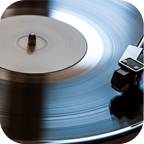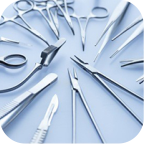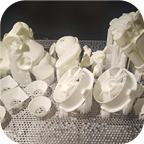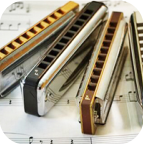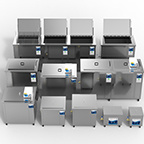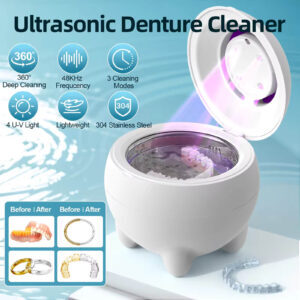What Dentists Really Think About Ultrasonic Retainer Cleaners
Browse Volume:157 Classify:Support
When you commit to wearing a retainer—whether it’s after orthodontic treatment or as part of long-term dental maintenance—it quickly becomes part of your daily life. This small, often invisible appliance quietly keeps your teeth aligned and your smile intact. But it only works as intended if it’s kept clean. Left unwashed, a retainer can become a trap for bacteria, plaque, and unpleasant odors—doing more harm than good.
That’s where ultrasonic cleaners have begun to gain attention. These sleek, humming devices claim to deep-clean retainers in minutes, using high-frequency sound waves to lift away grime without the need for scrubbing. On the surface, they sound like the perfect solution: efficient, easy to use, and impressively thorough. But what’s the reality behind the promise? Are they truly safe for all types of retainers? More importantly, do dental professionals actually recommend them?
These are the questions that matter, especially when oral hygiene is at stake. The answers, it turns out, lie in both how these devices work—and how they’re used.
Why Cleanliness Is Non-Negotiable for Retainers
Retainers sit inside your mouth for hours—often overnight—trapping saliva, food particles, and bacteria. Without proper cleaning, they become a breeding ground for harmful microorganisms. This can lead to bad breath, discoloration, or even oral infections.
Traditional cleaning methods include brushing with a soft toothbrush, soaking in denture-cleaning tablets, or using non-alcoholic retainer rinses. While effective, these methods can be time-consuming, inconsistent, or abrasive if done carelessly.
That’s why the idea of an ultrasonic cleaner appeals to so many. The technology uses high-frequency sound waves to create microscopic bubbles in water or cleaning solution. These bubbles collapse rapidly, producing a gentle yet thorough scrubbing effect—even in places a brush can’t reach.
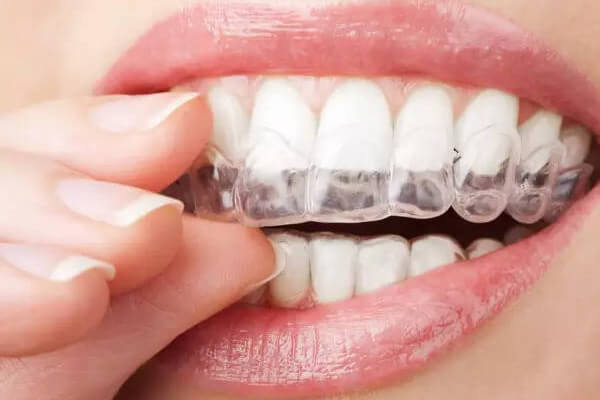
Braces
Are Ultrasonic Retainer Cleaners Effective?
Yes—when used correctly, ultrasonic cleaners can be remarkably effective. Most dentists agree that the mechanical action of cavitation is excellent for reaching into tiny grooves and corners of retainers, where bacteria and debris tend to accumulate. Especially for clear plastic aligners or retainers, the ability to clean without harsh scrubbing reduces the risk of surface scratching or warping.
But here’s the catch: not all ultrasonic cleaners are created equal. The frequency, solution type, and device quality all influence cleaning results. Some low-cost models on the market lack proper vibration power or safety standards, leading to mixed outcomes.
What Dental Professionals Actually Recommend
While ultrasonic cleaners aren’t part of standard oral care prescriptions, many dentists and orthodontists do recognize their value—as long as they’re used alongside traditional hygiene habits. Think of them as a supplement, not a replacement.
Professionals usually recommend the following:
Keep using a soft brush daily, especially to remove visible debris.
Soak the retainer in an antibacterial or enzyme-based solution regularly.
Use an ultrasonic cleaner 2–3 times a week, especially if you notice odor or buildup.
Some dentists even suggest ultrasonic cleaning as the preferred method for those who have difficulty brushing their retainer thoroughly—such as elderly patients or those with physical limitations. But they’re also quick to point out that ultrasonic devices should not replace soaking in disinfectant solutions or professional dental checkups.
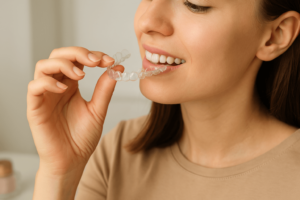
Braces
When Ultrasonic Cleaning Might Not Be Enough
For retainers with metal wires, ultrasonic cleaning may not address tarnish or deep-seated mineral buildup. In such cases, a specialized solution may be needed, or your dentist may suggest occasional in-office cleaning.
Another issue is misuse. Some users mistakenly believe the cleaner alone kills bacteria. In reality, ultrasonic vibration removes debris, but without the right solution—like a non-corrosive, anti-microbial cleaner—it won’t fully disinfect. Plain water, while better than nothing, may leave behind invisible germs.
And finally, it’s important to know what not to clean in an ultrasonic device. Retainers with glued-on attachments, brittle acrylic, or certain types of bonded wires may loosen or degrade under prolonged ultrasonic exposure. Always check with your orthodontist if you’re unsure about your device’s compatibility.
Best Practices for Safe and Effective Cleaning
So how can you get the most out of ultrasonic cleaning while staying dentist-approved? A few practical tips go a long way.
Use only cleaners designed for dental appliances—avoid bleach, alcohol, or harsh household detergents.
Follow the manufacturer’s instructions for cycle duration—typically between 3 to 5 minutes.
Clean the device itself regularly to avoid bacterial buildup in the tank.
Store your retainer in a dry, ventilated case after cleaning to prevent microbial growth.
If you’re pairing ultrasonic cleaning with other methods (like enzymatic tablets), do so in moderation. Excessive chemical exposure can shorten your retainer’s lifespan.
In many cases, dentists recommend brands that include a gentle sonic pulse, offer temperature control, or include FDA-cleared cleaning agents. And while they may not prescribe a specific device, they often support patients who take hygiene seriously and ask informed questions.
Retainers Deserve the Same Respect as Your Teeth
In the end, your retainer is an extension of your oral health. Keeping it clean isn’t just about looks—it’s about preventing infection, maintaining alignment, and protecting your overall well-being. Ultrasonic cleaners, when used properly, can be a valuable tool in this routine.
They’re not miracle devices, but they are a step toward smarter hygiene—especially for people who want convenience without compromising effectiveness. Dentists may not all advertise them, but many quietly approve—especially when they see patients showing up with crystal-clear retainers and fresher breath.
 Granbo Sonic
Granbo Sonic


